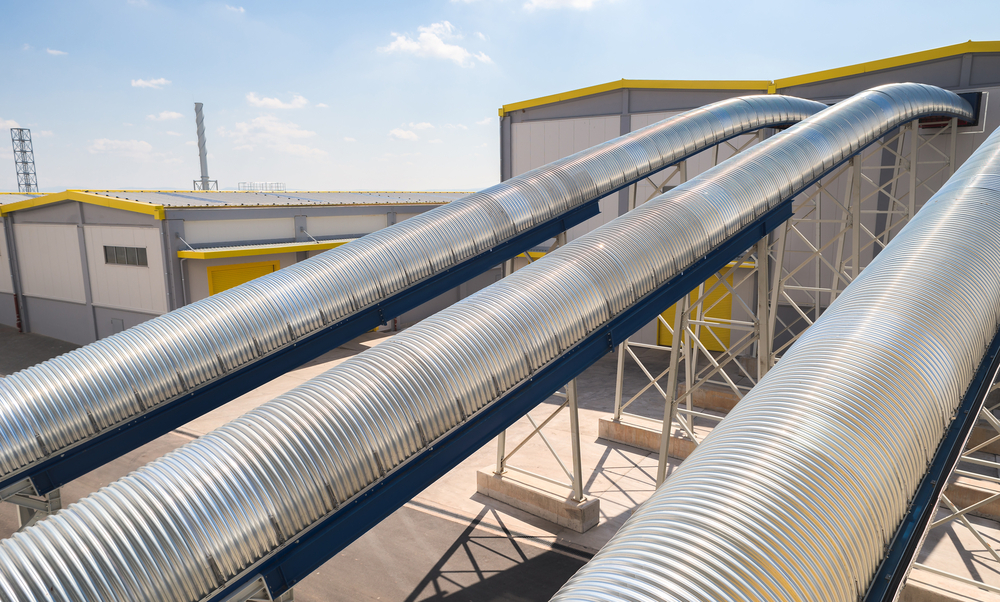
Waste treatment plant in Sofia (© Stoyan Yotov/Shutterstock)
Tens of millions of Euros of investments, which began over a decade ago: Sofia's waste management strategy was supposed to culminate in the construction of an incinerator. The judiciary put an end to the project, accepting the objections of citizens concerned about its environmental impact
On May 2, the Supreme Administrative Court of Bulgaria definitively rejected the project to build an incinerator in the capital Sofia, which was supposed to be largely financed by European funds. The plant was supposed to burn fuel derived from the treatment of city waste to produce thermal and electrical energy for tens of thousands of families.
Launched almost ten years ago, the project had run into numerous disputes and setbacks, including a cancelled contract and a first rejection in court last September. Local environmental groups in particular - including the Za Zemiata ("For the Earth") association - opposed the project out of concerns about the possible consequences of the emissions produced by the incinerator on the health of the population of Sofia, an already heavily polluted city.
The Supreme Administrative Court rejected the project because it deemed the reassurances provided on the consequences of its implementation on the atmosphere and health to be insufficient. The environmental impact assessment that had been attached to the project was deemed inadequate, incomplete and unreliable.
The rejection now forces the Sofia administration to rethink its overall strategy for the management of city waste: the incinerator represented the last piece of a waste management system that had been oriented in that direction for over ten years. Almost 130 million Euros allocated by the European Fund for Regional Development had made it possible to complete the previous steps , including the construction of a large plant for recycling or transforming waste into fuel.
The European Regional Development Fund was supposed to contribute another 77 million Euros to the construction of the incinerator; the remaining costs were supposed to be largely covered by a loan from the European Investment Bank. Around 30% of the total European funds available for the improvement of waste management systems in Bulgaria between 2014 and 2020 had been allocated to the Sofia waste management plant and incinerator, which therefore partly went lost; the Municipality of Sofia had to return to the EU 35 million Euros that had already been allocated for the incinerator.
It now remains to be seen whether the project will be proposed again by starting the process all over again - this time providing more solid reassurances on its environmental impact - or whether the requests of environmentalists will prevail, who ask to put separate waste collection at the centre of the waste management strategy of Sofia.
This content is published in the context of the "Energy4Future" project co-financed by the European Union (EU). The EU is in no way responsible for the information or views expressed within the framework of the project. The responsibility for the contents lies solely with OBC Transeuropa. Go to the "Energy4Future"


































 To Top
To Top